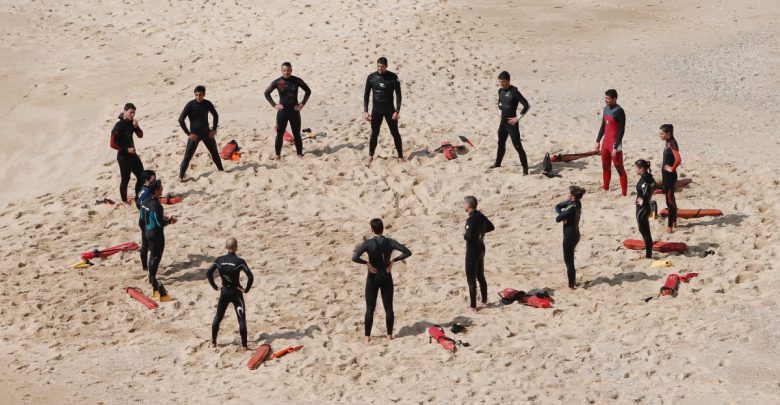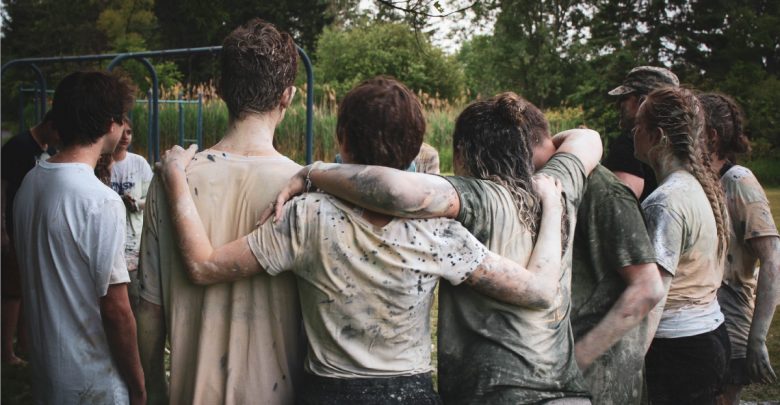Donatas Petkauskas
-
Why did I choose this tool and how does this apply to being a trainer? Better self-perception helps a trainer to make conscious and responsible choices to improve professionally and personally. Therefore, we suggest you to have a look at a very meaningful tool called the ‘Model of core qualities.’ It is designed to improve the knowledge of yourself and…
Read More » -
“Relationship is the “medium” of learning. Relationships are made of interactions, based on verbal and non-verbal communication. There is no doubt that communication is namely the basis for creating and maintaining relationships. In general, it is not possible to make any stable contact with learner and its environment without the ability to interact.” – Andrea Mewaldt This method will help…
Read More » -
Why did I choose this tool? This method will allow the trainer to analyse the emotions of others and himself. Also it will widen the vocabulary of emotions that the trainer is using. How does this apply to being a trainer? Working in training programs which are based on group processes, self-analysis and analysis of difficult cases, for example: EVS…
Read More » -
While training young people, youth workers and other target groups we follow a set of universal values like honesty and respect. These values are the basis of humanistic pedagogy, non-formal education. Empathy is an ability and skill which allows us to be honest and respectful in educational relationships. Often the words of ‘empathy, honesty and respect’ are used as slogans,…
Read More » -
Why did I choose this tool? I chose this model because I have tested it in multiple educative contexts. It works, helps, educates and empowers. Main content: Experiential learning is the main form of youth work and training that we use. In order to develop young people’s independence, creativity, participation, citizenship and other important qualities we have to ‘let them…
Read More » -
Theme-centred interaction is a live-learning method based on an axiom that every person is independent (autonomous) and, at the same time, inter-dependent on the world surrounding him/her. The objective of non-formal education is to enable an individual to be conscious, independent and aware of the interdependencies. The more one person is aware of interactions, conditions and regularities, the easier it…
Read More » -
Why did I choose this tool? For me working with group dynamics is a part of every training course. If a training course is longer than 5 days, usually I spend a full day for people to get to know each other well enough, to experience cooperation (with a good level of challenge) and then reflect on their interdependence. Become…
Read More » -
I struggled with this one. After 17 years of work with various groups – I honestly didn’t have a situation where I (or my colleagues) was in need to identify a person’s specific learning style by using any kind of tool. Most of you are probably aware of VARK model: VARK stands for Visual, Aural, Read/Write, and Kinaesthetic sensory modalities…
Read More » -
Why did I choose this tool? Knowledge of group processes and ability to recognize and influence group dynamics is one of the most important competencies for a trainer. Delivering effective training programme is closely related to interactions between participants, fortunately, we as trainers, might help participants to build a “learning community”, while learning and living together in the training context.…
Read More »








